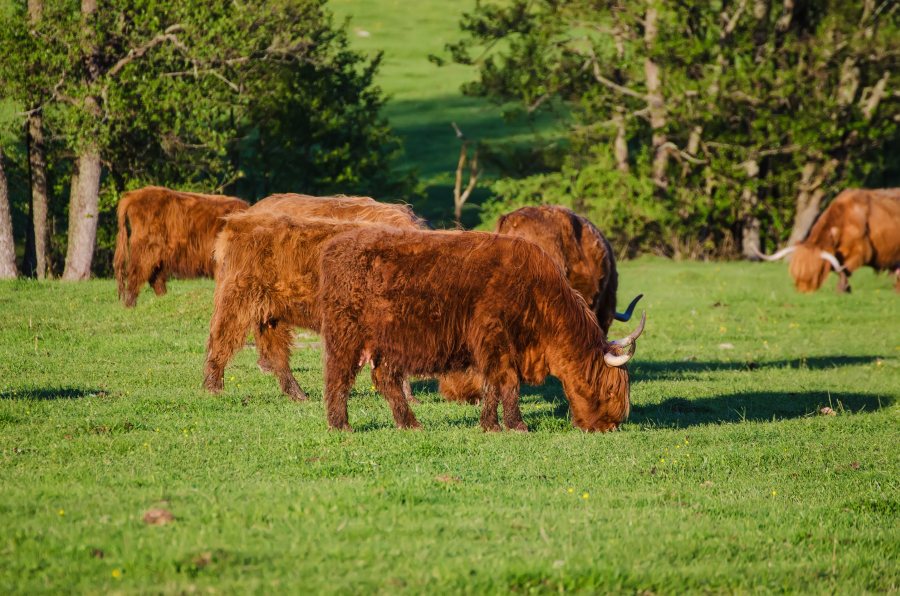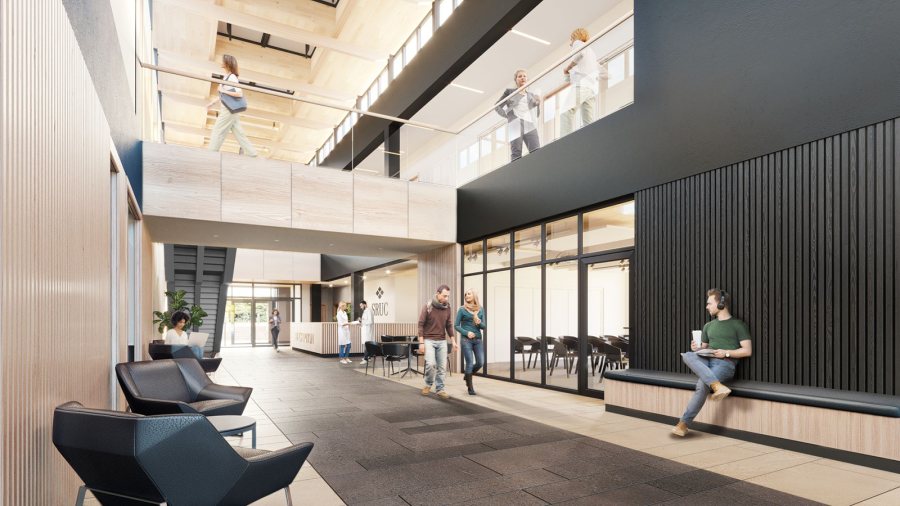
Businesses and entrepreneurs are being sought to take up residence in a new multi-million pound innovation centre seeking to create links between science and the farming industry.
Set to open in Inverness later this year, the Rural and Veterinary Innovation Centre (RAVIC) seeks to develop new technologies for the country’s land sector, including agriculture.
The hub will bring together scientists, innovators and businesses to create new products, services and solutions to overcome sector challenges, including animal disease, climate change and food security.
There will also be an emphasis on bioscience, including animal health, as RAVIC is to form part of Scotland’s new School of Veterinary Medicine.
The £12.5m project is being led by Scotland’s Rural College (SRUC), and funded by the European Regional Development Fund and the Scottish Funding Council.
It comes as climate change continues to accelerate, with the farming sector particularly faced with the issue, as well as rapidly changing animal diseases and uncertain markets.
SRUC said RAVIC would provide research infrastructure to support the development of innovative systems and other practical tools to help Scottish farmers with these challenges.
The college added that RAVIC would also work closely with SRUC’s Veterinary Surveillance Intelligence Unit, a recently developed Scottish livestock information system.

This will provide new ways to help farmers deal with animal diseases, increase production efficiency and reduce emissions.
Located on Inverness Campus, the RAVIC building will house several commercial business incubation units, a lecture theatre, wet and dry molecular, necropsy, and microbiology facilities, and a public atrium.
RAVIC director professor, George Gunn said: “The Highland innovation centre will help short circuit the gap that exists between science and business to unlock the true potential of Scotland’s blue and green economies to create high value jobs."
He said the collaborative hub would be looking to attract businesses that would enhance the rural economy, capitalise on the area’s natural assets, and support the transition to net zero.
"The development reinforces SRUC’s commitment to expanding its regional presence in the area and it will also be an important addition to the existing range of expertise already on Inverness Campus.”
Elaine Jamieson, head of food and drink at HIE added: "RAVIC will enable businesses to work alongside scientists and researchers to develop products and services that are aligned to industry challenges and needs.
"The growth of entrepreneurial businesses and research capacity will contribute to the further development of two key sectors in the Highlands and Islands: life sciences and food and drink.”
